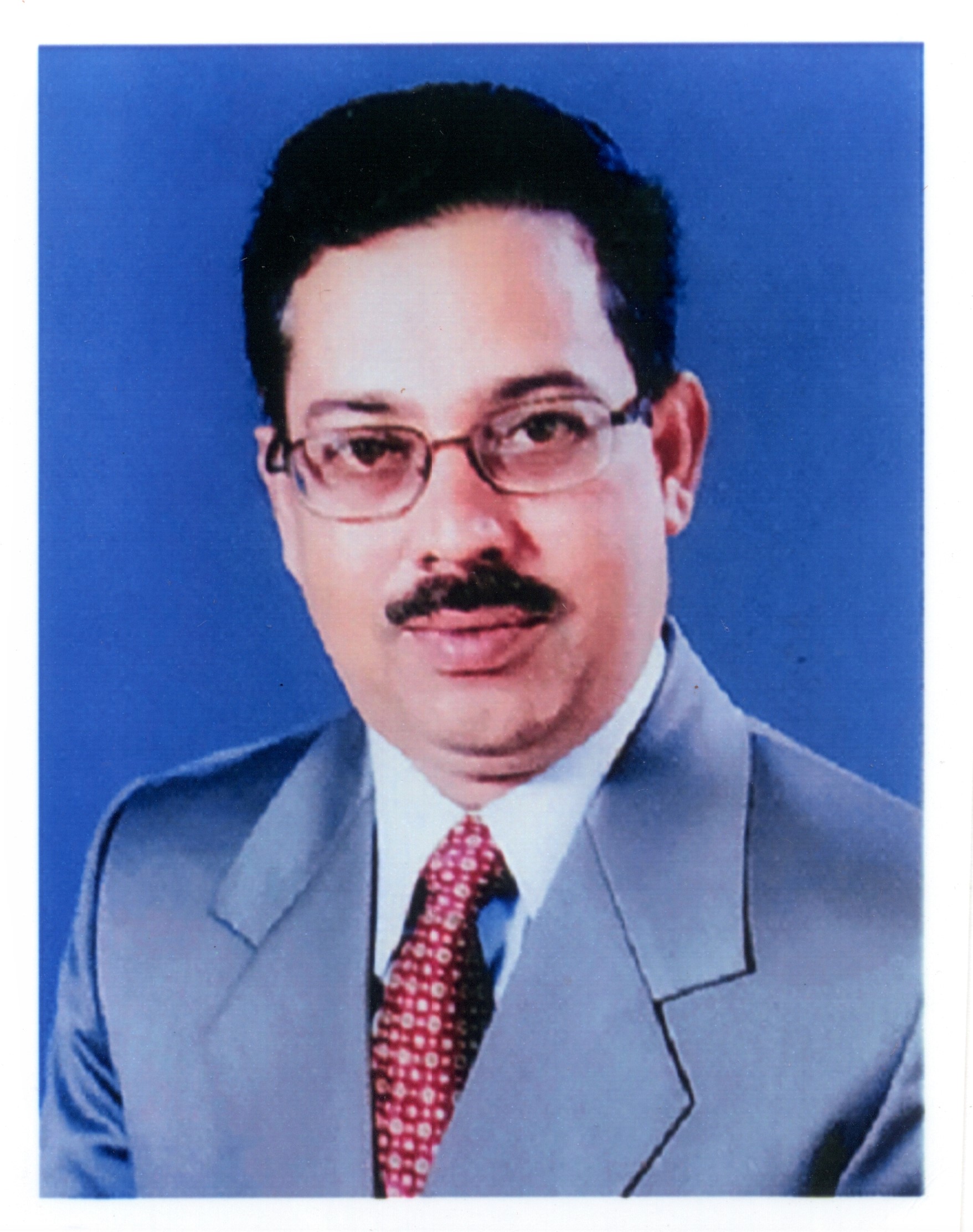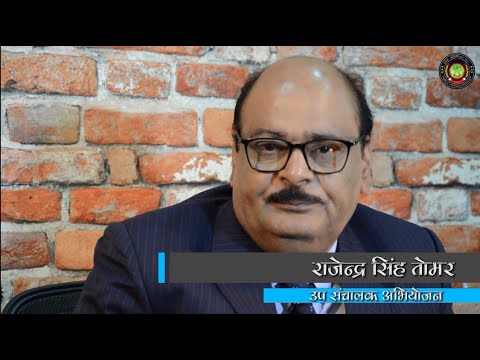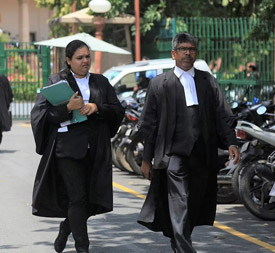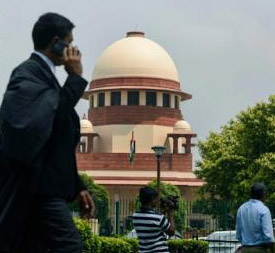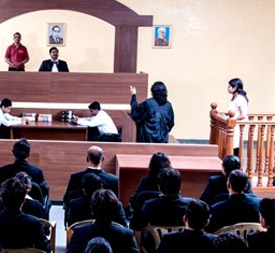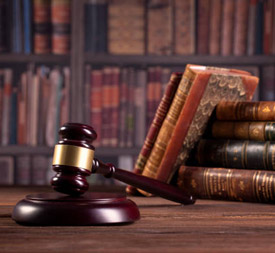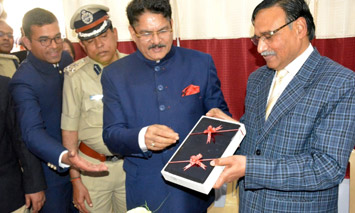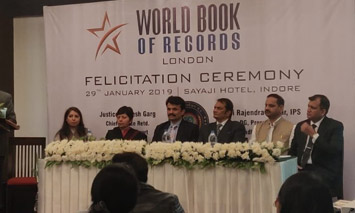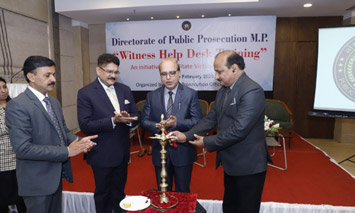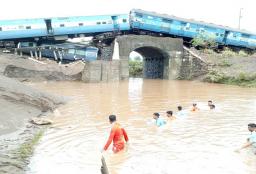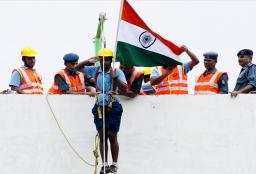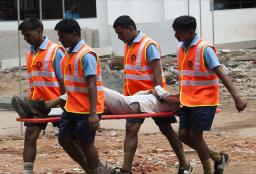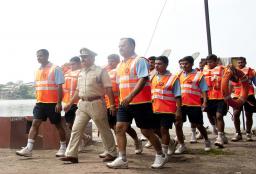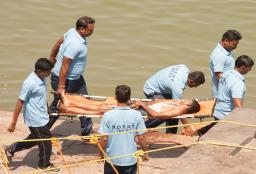About Directorate of Public Prosecutions Odisha.
The Prosecuting officers are under the supervisory control of the Director of Prosecutions. This Directorate is headed by the Director of Prosecution assisted by other subordinate Prosecuting officials and ministerial staff. The Director is assigned to perform duties and exercise power as given hereunder:-
1. The Director of Prosecution is the controlling authority for all the overall administrative functions related with Prosecution and supervises the functions of the Deputy Director of Prosecution, Public Prosecutor, Special Public Prosecutor, Additional Public Prosecutor, Associate Lawyer and Assistant Public Prosecutor.
2. The Director of Prosecution conducts review meetings and periodically scrutinizes the conduct of cases in each District, reviews the cases of under trial prisoners detained in custody, pendency position of pending cases under SC & ST (POA) Act pending in the Special Courts of the State, performance of the Special Public Prosecutor appointed to Prosecute SC & ST (POA) Act cases, so also old pending cases for investigation.
3. The Director would make frequent field visits to make personal review of the functioning of the Prosecuting officers in the field and assigned with the duty of making inquiries in respect of allegations of misconduct received against the Prosecutors.
4. The Director also participates in coordination meetings with police officers wherein suitable instructions and guidelines are issued for proper prosecution of the criminal cases.
Director
SC & ST Prevention of Atrocities Act 1989
F.I.R & ZERO F.I.R - Jyoti Gupta
News & Notification
Downloads Link
Events
Photo Gallery
FAQ
At the outset of our representation, you will be provided with the names and contact information for each member of the Locks team that will be assisting you on your case. We will routinely keep you informed of significant developments in your case. We also encourage you to contact us by phone or e-mail at any time with questions and we will promptly reply.
Yes. Each state has laws that provide time limits to formally file a lawsuit or claim. These laws, called the "statute of limitations", will prevent an otherwise viable claim from being considered if it is not filed on time. Therefore, it is important to contact us, or any lawyer, as soon as possible after you have been harmed.
The length of a case, from the initial free consultation through to the resolution of the case by settlement or jury verdict, depends on several variables, so it is not possible to say exactly how long a case may take. The duration of a case is often dictated by the individual court in which the case is filed. Some courts designate a time period for discovery of evidence by each party that may be a year or longer. Other courts have a backlog of cases and therefore, the oldest cases in a county will be considered before a more recently filed case. Though some cases do settle before going to court, a settlement would not usually occur until just before the scheduled trial.
We have the financial resources to ensure that your case is well-prepared for a successful resolution, whether that ultimately occurs by settlement or through trial. If for any reason, we are unable to obtain money for you by verdict or settlement, you will not be obligated to pay the firm a fee or to reimburse us for any costs that we expended. Upon a resolution of your case, our legal fee is calculated as a percentage of the settlement or judgment. Any costs associated with your case (e.g., filing fees, expert witness fees and fees to obtain medical records) will also be paid out of the monetary recovery. Therefore, the compensation for our services is tied to our performance.
There will never be any up-front, out-of-pocket costs from you. You will not pay us anything unless and until we obtain a settlement or verdict in your favor.
We never charge for an initial consultation. At the free initial consultation, we will discuss the details of your potential case, the legal process and answer any questions you may have.









